Sound is both visceral and ever-present, much like intimacy. Sound and voice offer a unique sense of truth, closeness, and affection that images can’t capture. These subtle qualities can significantly enhance intimacy.
In our digitally-led era, we have plenty of platforms to communicate with our loved ones, meet new people, or learn more about what the people around us are doing. However, when it comes to fostering intimacy, how much emphasis do we place on the act of listening? When was the last time we truly engaged in a phone call with someone new or someone we met online?
This article explores how technology, voice notes, and soundscapes can deepen intimacy, whether with a new partner, in a long-distance relationship, an AI companion, or even with ourselves.
Voice and sound in the digital age
SEXTECHGUIDE has spoken to sound expert Cathy Lane to find out why and how voice and sounds can help us build deeper intimate bonds. Lane explains that the way voice is delivered has an incredibly noticeable physicality, as you can never separate from sound, you are always in the middle of it, can’t look away from it, or stop hearing it. That implication is what brings intimacy.
Yet, in a digital-first world where phone calls are seen as old-fashioned, there is a growing need to seek connection through voice and sound. Dating apps have adapted to these needs, as in the past couple of years apps like Hinge, Bumble, Tinder, Happn, and Plenty of Fish have adopted voice note features like voice prompts as well as tools for sharing music and Spotify playlists.
This trend grew1 during the pandemic since people were longing for closer connections but were unable to meet in person. Now there are plenty of options for those who don’t want to commit to a phone call but are willing to explore the effectiveness voice can have when building intimacy with someone new or their current partner.
Voice note intimacy, with strangers
SEXTECHGUIDE has spoken to dating app users who consider voice notes key in order to grow intimacy. We spoke with a male Hinge user who joined the app recently, he shares his thoughts on the voice prompt feature with us.
“I have been using Hinge for three months and I am so grateful for the voice notes. I am such a ‘voice’ person, when I hear a voice I don’t like, it’s an absolute turn-off. I am only able to meet people in person if I have heard their voices before.”
Anonymous male-identifying Hinge user.
For some dating app users, voice means a great deal, as the voice must match the physical appearance, personality to foster attraction. This user assures that when he likes someone’s voice he feels like they can connect deeper. The voice, tone, and the way they use their words can be really attractive, even sexual, regardless of what they say. The voice can be magnetic, or even hypnotizing somehow.
Scientific research2 on voice and intimacy suggests that the quality of voice, tone, and pitch convey emotional states and intentions which can help deepen intimacy3 in relationships.
As the voice is direct, raw, and deeply honest, it can also feel intrusive. Most people would agree that sending a voice note requires confidence and some level of trust. Sending a voice note to a stranger is a bold move, as the receiver might not like your voice that much or change their mind about how attracted they are to you.
For instance, when Hinge first launched its voice note feature, most of the reactions were negative. It turns out that listening to your suitor’s voice for the first time deliver deliberately ick-worthy messages to spark some laughter is a high-risk strategy, and one that (unsurprisingly) doesn’t always work.
There are certainly ways to navigate these moments of cringe. Some of the suggestions for sending voice notes for the first time include to speak your truth (there is no need to impress anyone), talk about what excites you, what you like, or any plans you would like to do with the other person.
Try and be as confident as possible, if it’s the first time you are exchanging voice notes, maybe don’t make it too flirty, let the tone evolve as the conversation gets deeper or more intimate.
If you have audio fatigue or feel like you have to send a voice note, switch it up with text, there is no need to push things if they’re not happening naturally.
Based on this voice-note trend, the world’s first voice-note-only dating app, String, launched in 2020. String is a dating app concept where you can only send voice notes to the people you fancy. The first contact with someone new is purely through voice.
This is a great alternative to the oftentimes cringe-worthy picture selection and awkward texting. It pushes the user to speak their truth and show pure honesty through voice. It can also be exhilarating as you can get to know the person deeply without having or needing to see their picture. However, keeping in mind that it launched over three years ago, and the website still says ‘copyright 2021’, it’s fair to assume it’s perhaps not the most active community of users.
SEXTECHGUIDE also spoke with Mōn app founder Cale Jones. The app was created as a way to offer a safe space to talk about sex and relationships. It’s community-focused and uses just voice and text for communicating.
The mere usage of voice on the app tells Jones it is key as this is a very private and intimate space where people are saying important things for the first time, such as coming out or sharing new sexual experiences. “The voice allows you to be more vulnerable as it gets intimate straight away. Also, you don’t have to feel self-conscious about the image, lighting gestures, and so on,” Jones says.
Jones wanted to foster an intimate and safe space for users to be able to share their truths:
“Once you communicate something with your voice, it is out of your body and into the world.”
It can also be a form of release for many people needing to have the right space to express their feelings towards a sexual experience or overall feelings on a specific sex-related subject, as saying something for the first time out loud can be extremely powerful.
Through the app, people can listen to other people’s stories, share or contribute as a community. Jones shares that some of the connections that started digitally have grown into friendships or romantic partnerships in real life.
Intimacy with the self through audio erotica
Audio erotica has also experienced an increase lately in terms of its demand. Since its launch in 2018 platforms like Dipsea have dedicated themselves to helping women with their sexuality.
Dipsea founder Gina Gutierrez claims audio porn to be, in most cases, more powerful than visual porn, as “sound has the ability to enhance our imagination”. This is especially important for women who tend to experience arousal through fantasy4. Hence, sound can broaden your imagination, allowing for a more erotically expansive experience.
SEXTECHGUIDE also spoke with Ana Ornelas, an erotic writer, pleasure activist, and audio porn voice actor who told us about her creative process and how sound is key for sparking her imagination. When she writes her characters, Ornelas includes plenty of direction in terms of the rhythm of their breathing, their tone, their voice, and how they deliver their speech.
Ornelas adds that her writing research involves watching ethical porn to get inspired on how the characters would sound. When creating the characters, Ornelas considers it easier to build them through their voice, rhythm of speech, and breathing.
In her own experiences as a listener, she got attached to the voice of an actor who was a pioneer in audio erotica a few years back. As she started listening to his voice more often, the connection grew, creating a habit of listening to a familiar voice that she associated with pleasure.
Our attachment to the human voice
It is more common than we think for people to get attached to voices, “the voice is an amazingly flexible tool that we use to construct our identity,” according to research conducted by the University of British Columbia in Canada5. As the voice helps us build our identity, it also helps us engage with others, and get to know them through a shared familiarity.
Based on this principle, the sci-fi film Her does not sound so far-fetched when social media influencers are creating virtual versions of themselves. One of the earliest was Caryn Marjorie.
The chatbot has been presented as a virtual girlfriend and consumers will be able to speak to her as though she were their confidant. It can engage in banal everyday conversations and is also planning on widening the registers and moving on to NSFW conversations, even though this is yet to be regulated ethically.
What has made Caryn popular is her charismatic voice and the allusion of closeness to her conversation can spark. Within the first week of beta testing, the virtual girlfriend generated $71,610 in revenue. Fans pay $1 per minute to use it and, seemingly, thousands of people are willing to do that.
The company that worked with Marjorie to create the AI version of herself, Forever Voices AI, also offers the possibility to talk to AI Steve Jobs, Taylor Swift, and Kanye West, which reinforces the idea of wanting to build intimacy with familiar-like voices. Speaking to a celebrity can feel like speaking to someone we know, while also being a person who does not know us that deeply, hence we won’t necessarily feel judged but we can seek comfort in their voices as we know them well – or think we do. Familiarization does lay the foundations for intimacy after all.
Long-distance intimacy through voice & sound
We are the most familiar with the voices of our family, friends, and partner. Hence, couples that have been together for a while but still want to feel close, use voice messaging as a way to stay connected.
We spoke to one woman who has been in a relationship for five years. She explained that at the beginning of the relationship they used to send pictures and found it exciting and arousing. As the relationship evolved and became more settled, they started sharing longer voice notes via WhatsApp.
This helped their relationship grow in a more intimate way. As they spend plenty of time apart (they occasionally need to be in different countries for work), sending voice notes enables them to tap into each other’s train of thought and energy.
WhatsApp launched its voice note feature a full decade ago, in 2013, as a way to offer a quicker, more direct alternative to texting. As consumers have gotten more used to sending voice messages, WhatsApp voice notes usage has come up to 7 billion per day in the past year.
They also share music playlists that remind them of trips they have done together, parties with friends, and intimate moments. Sharing a soundtrack can be more powerful than we think, as it provides what amounts to a secret language no one else knows about. When in a relationship, the memories you create are also attached to the sounds of the moment, and those sounds aid in cementing an ever stronger bond, especially if you live apart.
Shared sound (separate to music) can also offer an intimate connection. As a Professor of Sound Arts, Lane suggests an experiment for a bonding sound experience that consists of two people sitting in silence in nature and just listening to the surrounding sounds without having to speak.
Sharing that communication can be incredibly strong, especially because you are solely listening without having to respond or interact, and that makes you incredibly present. It can be seen as a shared meditation. Lane assures that this can be an incredibly thrilling experience, as well as exciting and arousing.
With a rise in mindfulness apps, there may be an opportunity for sharing nature sounds and meditations with partners or friends who are long-distance.
Aural tech opportunities for a deeper connection
Audio technology can serve as a tool to build an alternative, more intimate experience than if solely relying on visual or textual stimuli. What is also exciting is that this method of aural stimulation can also benefit the intimacy of people with disabilities, visually impaired people, or those who suffer from social anxiety.
Academic References
- Kumar, A., & Epley, N. (2021). It’s surprisingly nice to hear you: Misunderstanding the impact of communication media can lead to suboptimal choices of how to connect with others. Journal of Experimental Psychology: General, 150(3), 595–607. ↩︎
- Psyche Loui, Justin P. Bachorik, H. Charles Li, Gottfried Schlaug (2013). Effects of voice on emotional arousal. Front. Psychol., 01 October 2013, Sec. Emotion Science, Volume 4 – 2013 ↩︎
- Kumar, A., & Epley, N. (2021). It’s surprisingly nice to hear you: Misunderstanding the impact of communication media can lead to suboptimal choices of how to connect with others. Journal of Experimental Psychology: General, 150(3), 595–607. ↩︎
- Stock WE, Geer JH. A study of fantasy-based sexual arousal in women. Arch Sex Behav. 1982 Feb;11(1):33-47. doi: 10.1007/BF01541364. PMID: 7073468. ↩︎
- Molly Babel, Grant McGuire, Joseph King (2014). Towards a More Nuanced View of Vocal Attractiveness. PLOS ONE. doi 10.1371/journal.pone.0088616 ↩︎



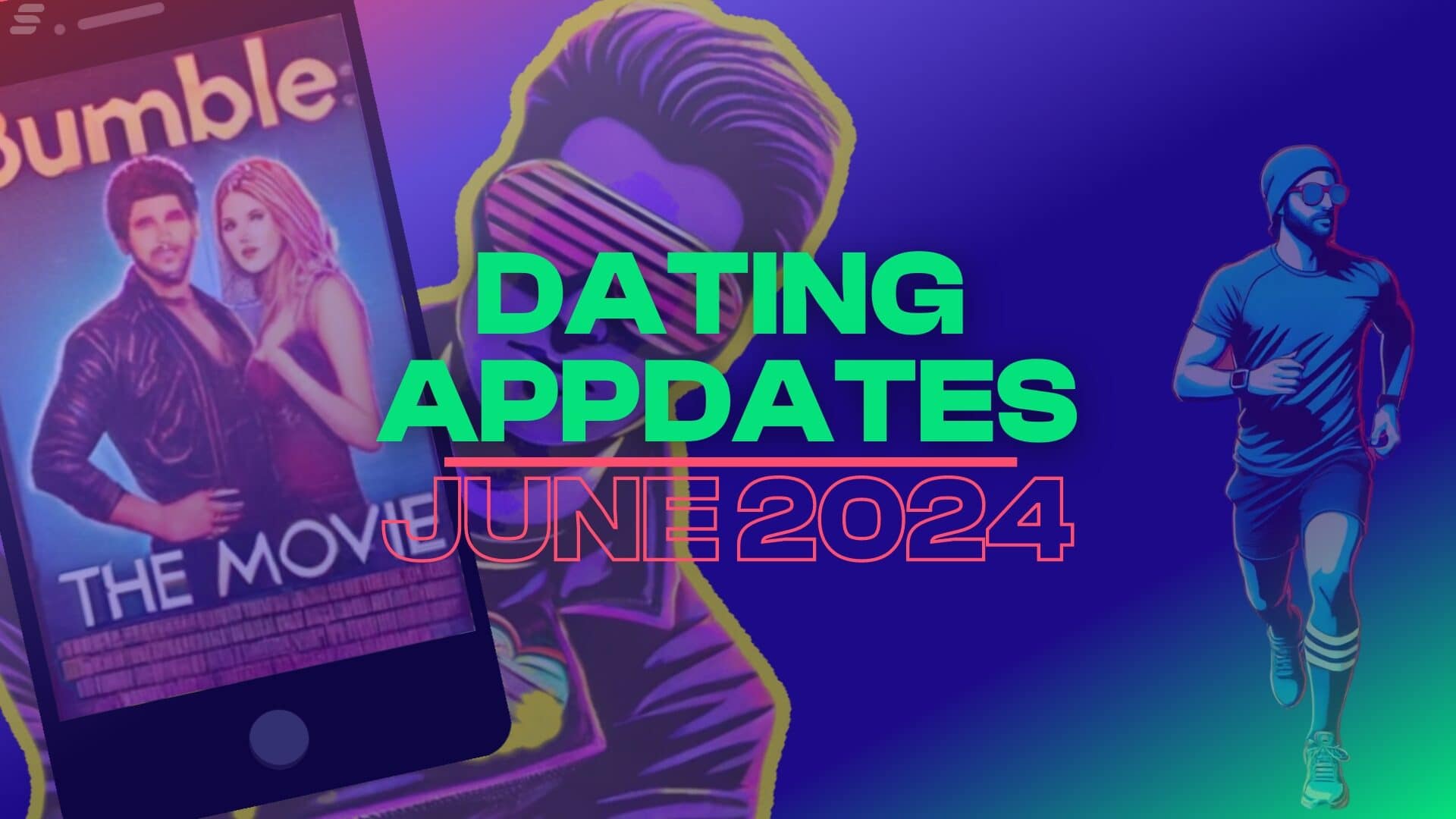
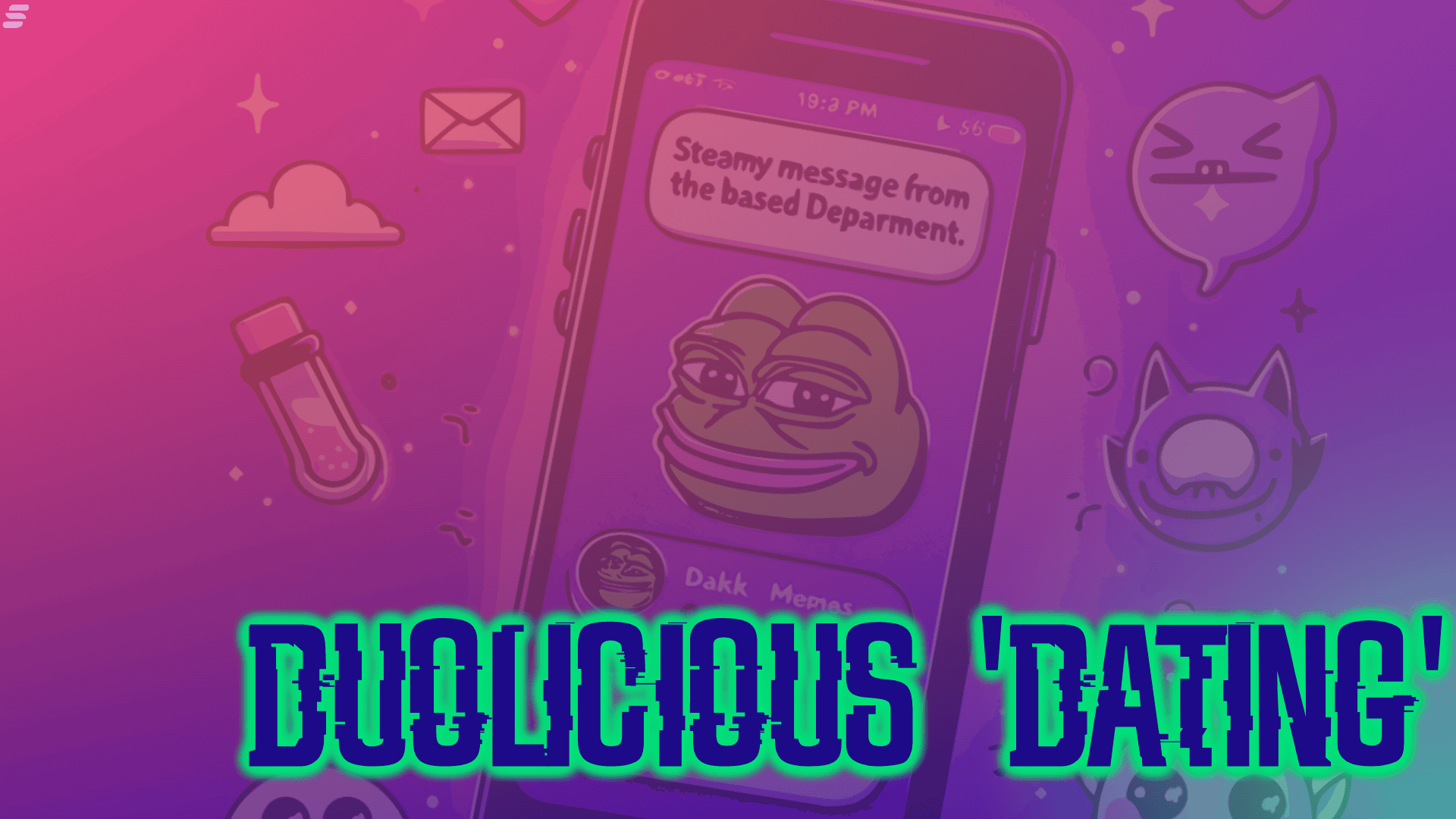


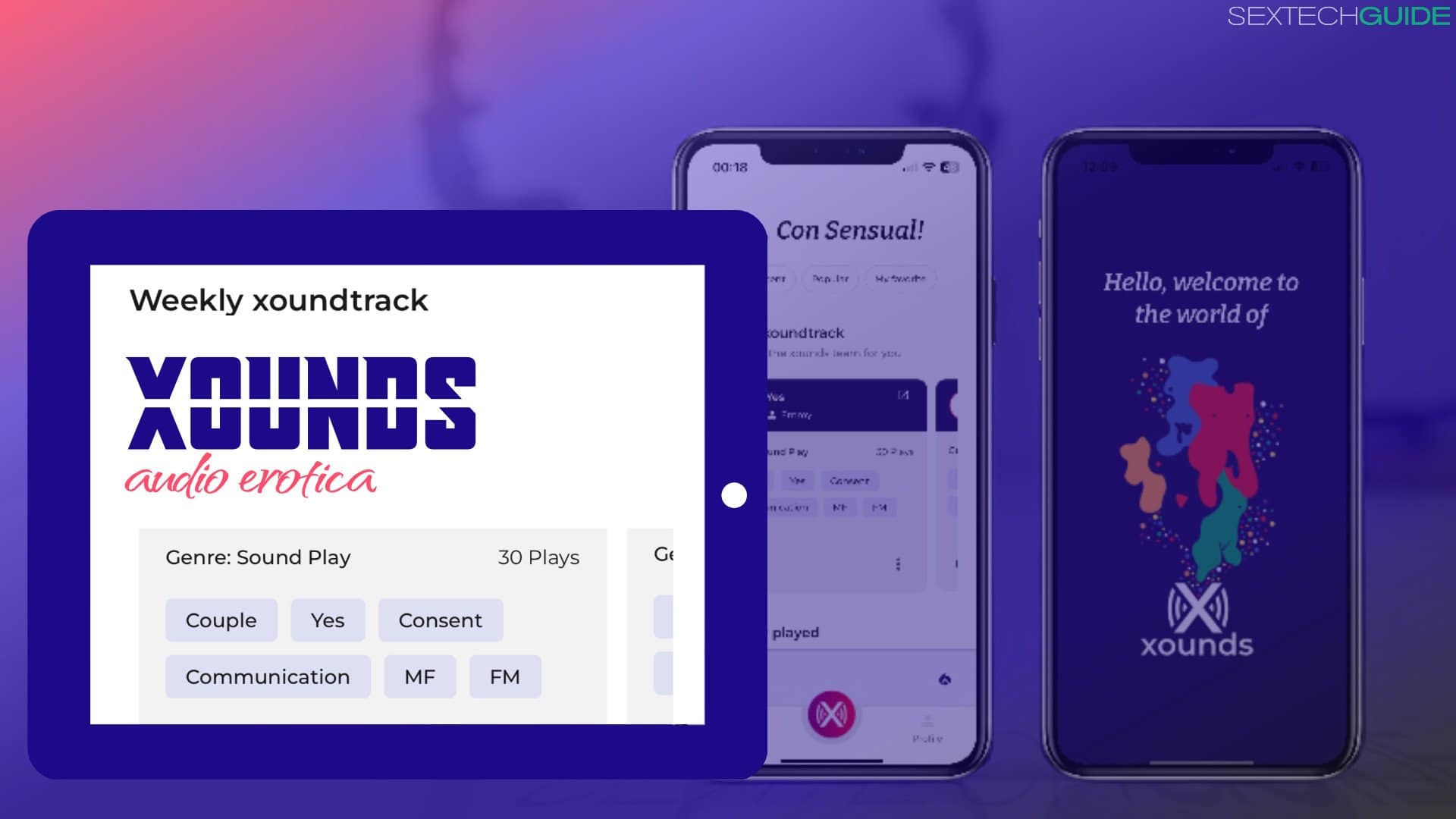





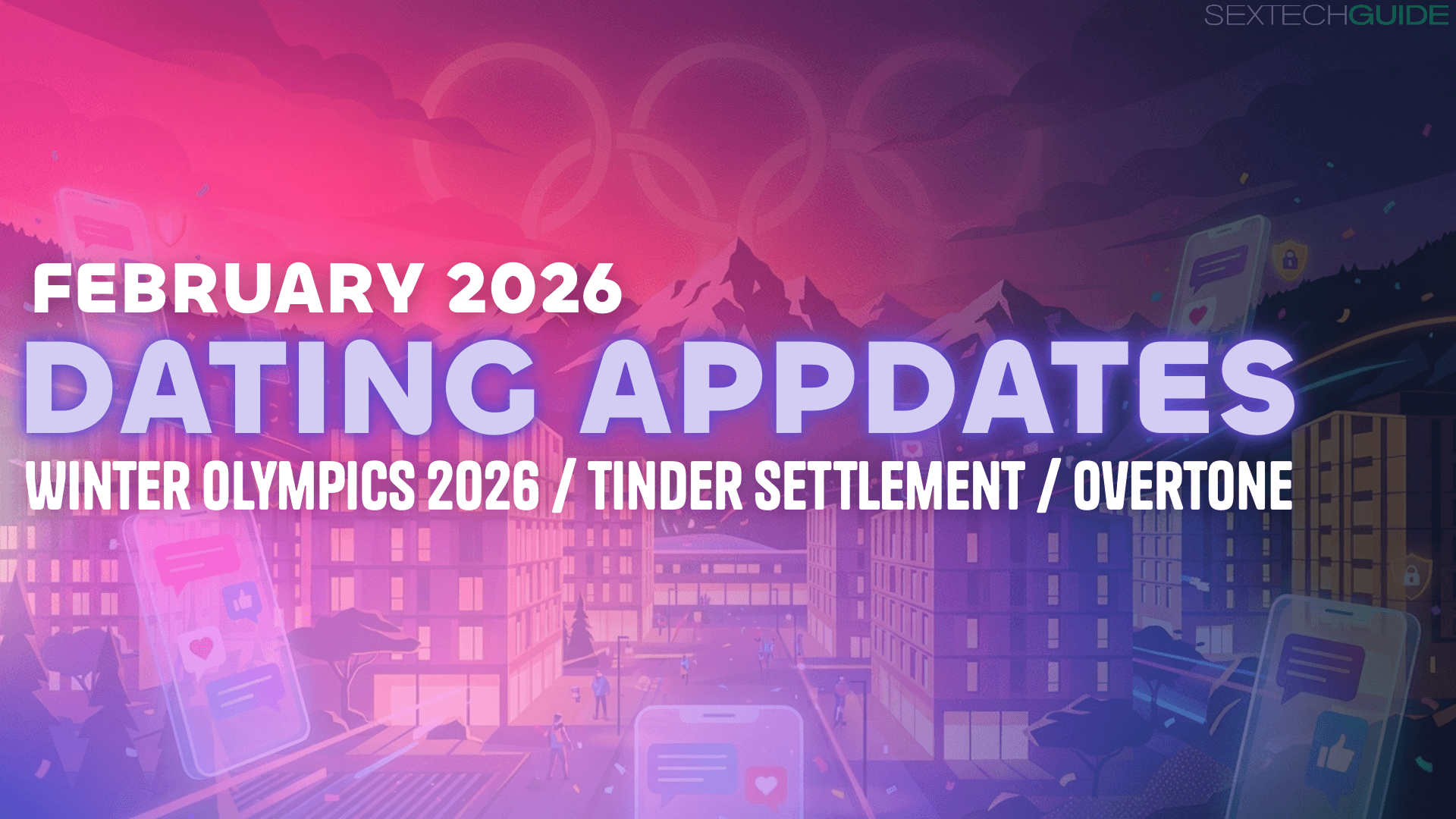
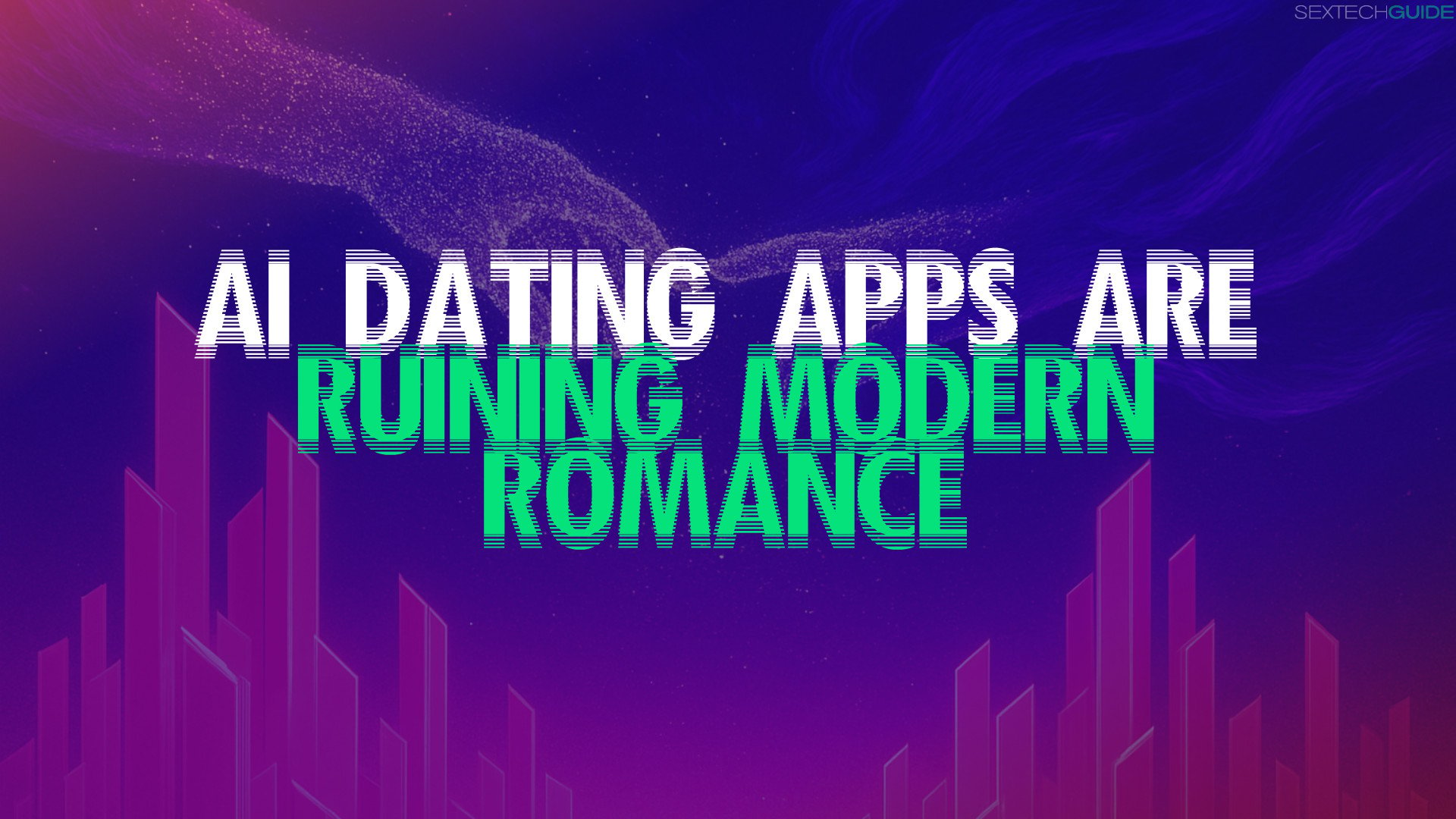
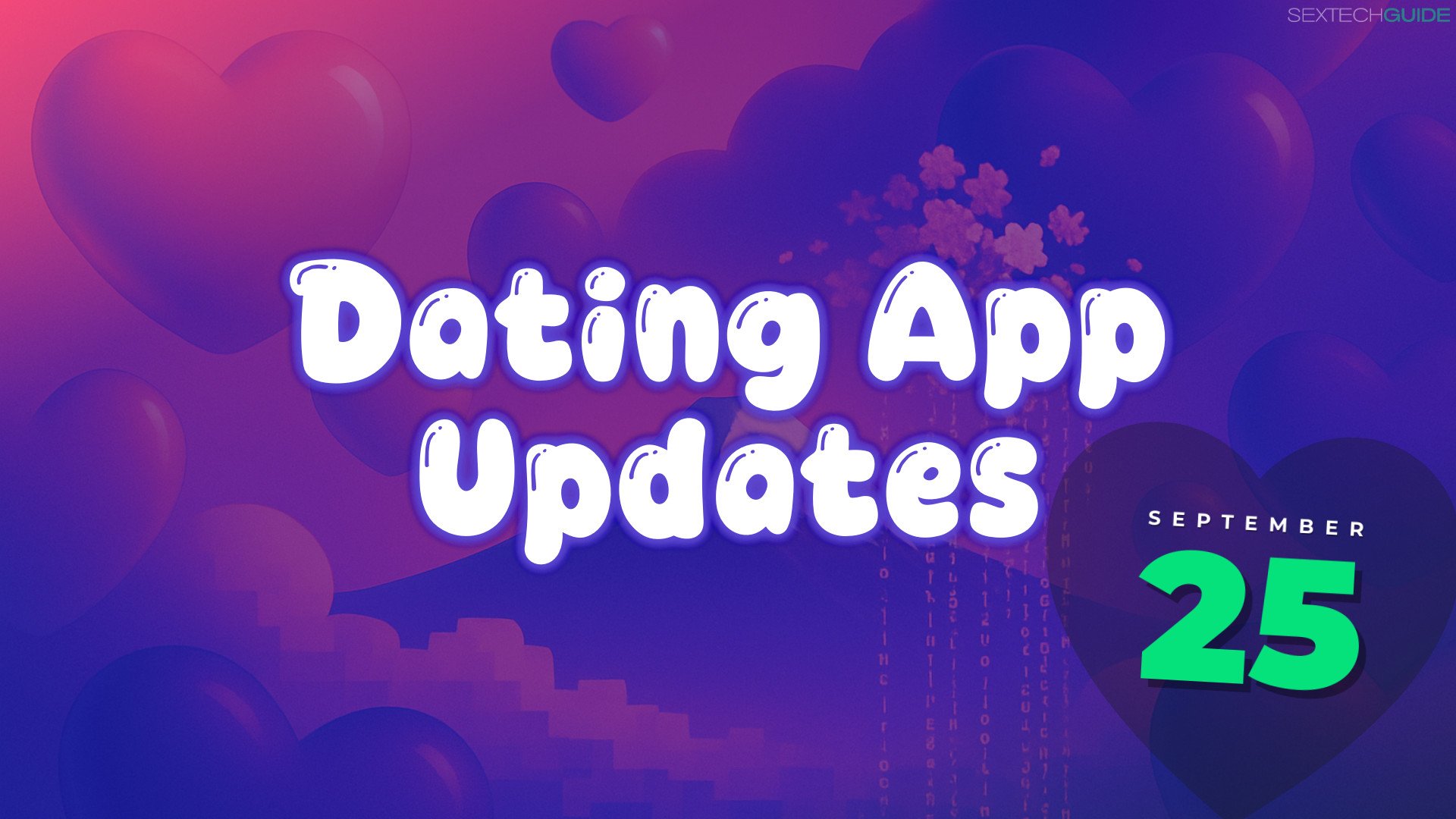

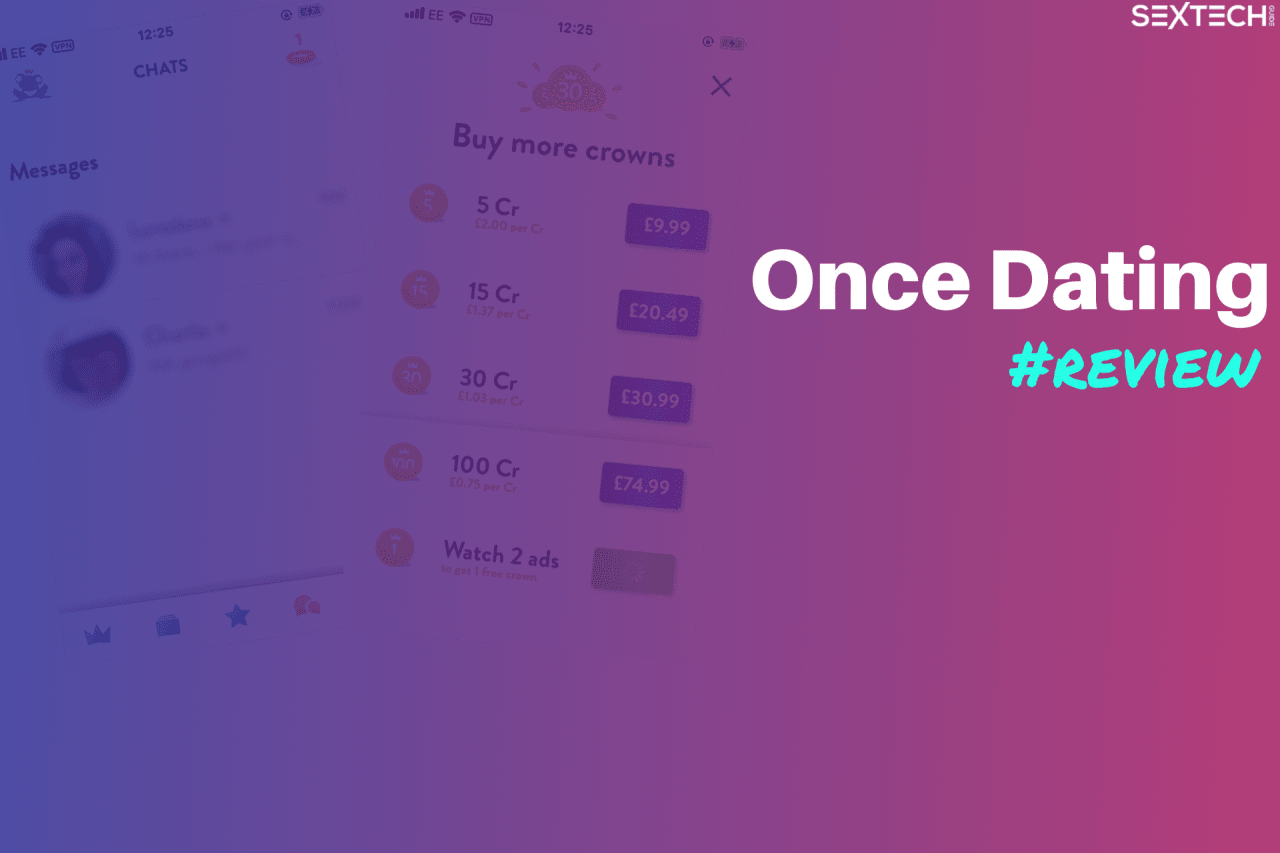

















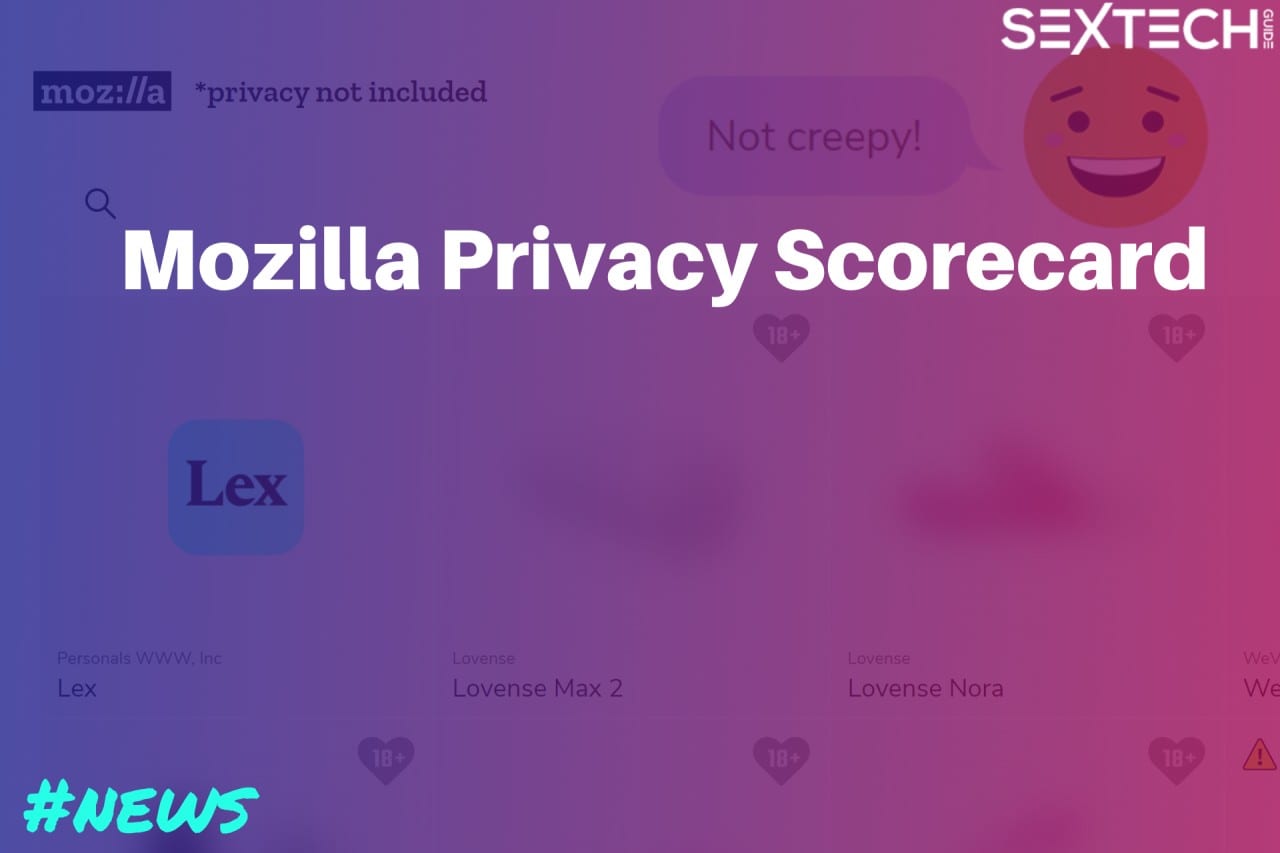




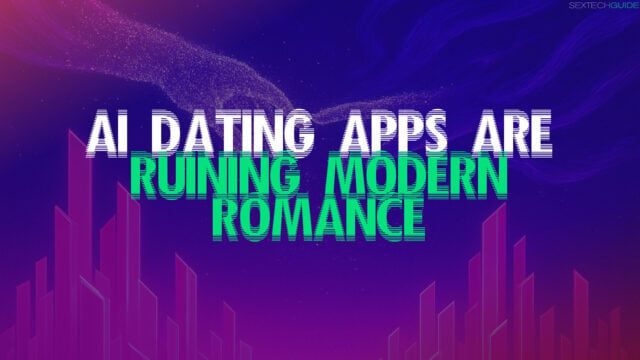

Leave a Reply